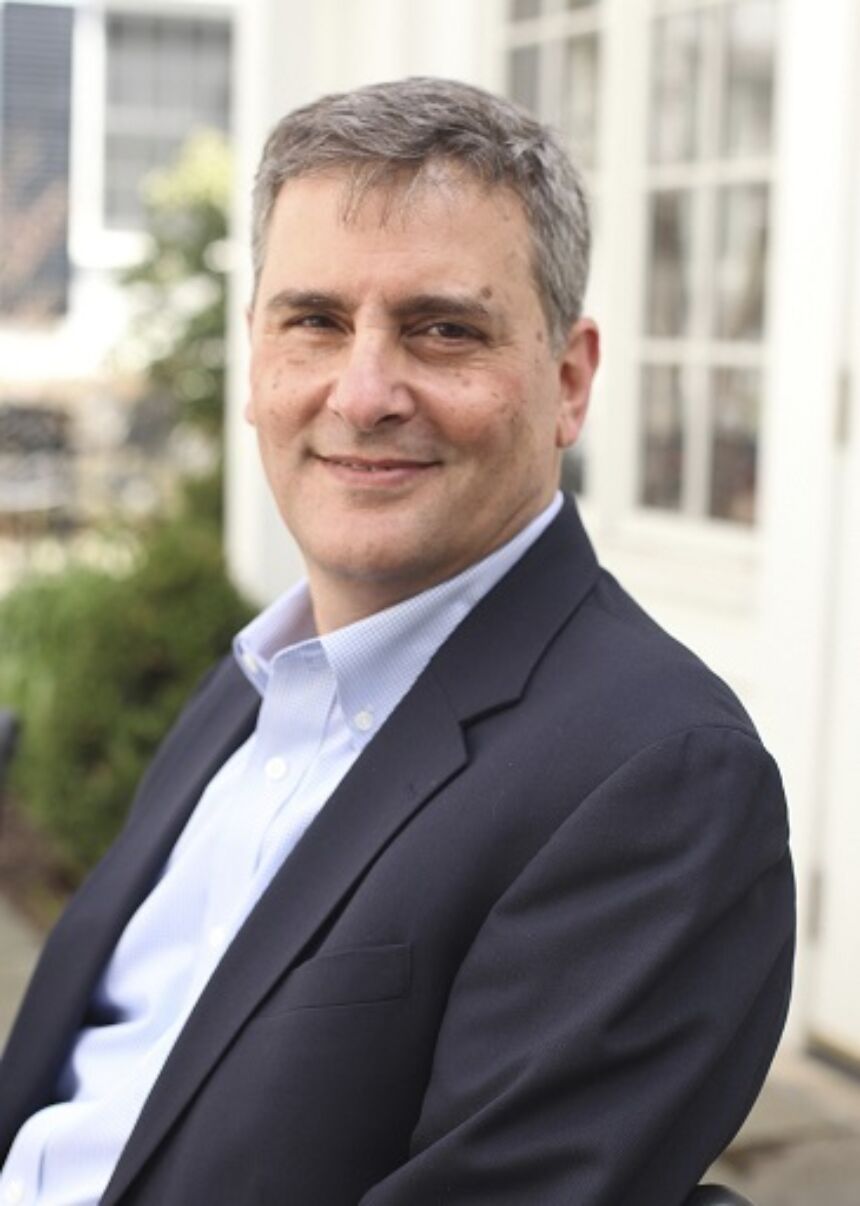January 06, 2016
Professor comments in the media about North Korea’s arms test

Penn State School of international Affairs professor, retired U.S. Ambassador, and nonproliferation expert Joseph M. DeThomas was interviewed by several media outlets regarding North Korea’s claim of detonating a hydrogen bomb on Jan. 6. DeThomas’ comments focused on the truth of the claim, how the U.S. might react, and how repercussions might affect North Korea-China relations.
A Bloomberg News article paraphrased DeThomas as saying, “Discussions at the UN will be focused on whether North Korea did test a thermonuclear device and whether that would prompt China to toughen its stance toward Kim [Jong Un]’s regime.”
DeThomas commented on China’s anticipated reaction in another Bloomberg News article, stating that “China has been willing to use sanctions to express displeasure and to constrain the access of the North Korean nuclear program to outside support. What China hasn’t been willing to do is endanger the stability of the North Korean regime. That line is what keeps sanctions from having an impact on North Korea, from triggering a change in its behavior to avoid sanctions.”
As for the U.S. role, in an article by the U.K. publication Express, DeThomas said, “The U.S. will not impose crippling sanctions due to its close relations with China.”
The U.N., diplomats, and the world are watching for China’s stance on the issue, and DeThomas commented to Reuters about the relationship between China and the U.S.
“We are deeply interlinked and if you hold an economic gun to China’s head, you are holding it to your own head,” he said.
DeThomas is a former American ambassador and spent 29 years as a member of the U.S. Foreign Service and 32 years in the U.S. State Department. His service abroad included tours in Austria, Ethiopia, Germany, Iran, and Mexico. He was the U.S. Ambassador to Estonia from 2001 to 2004. He also held numerous positions in Washington over the course of three decades. This included two years of service as deputy assistant secretary of state for non-proliferation from 1999 to 2001 as well as a number of other positions that dealt primarily with proliferation sensitive countries including India, Iran, Iraq, North Korea, and Pakistan.
He also served in the U.S. Department of State from 2010 until February 2013 as an adviser. There, he worked primarily on Iran and North Korea, implementing sanctions and attempting to impede the weapons of mass destruction efforts of those two countries.
